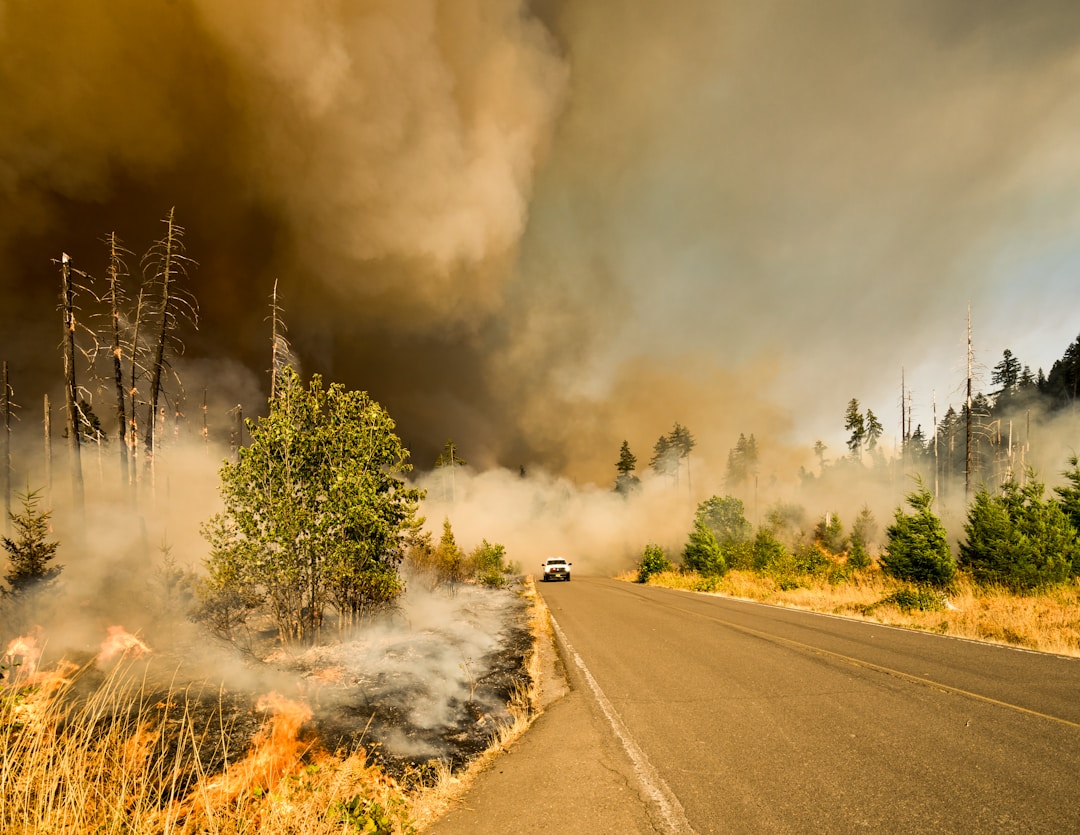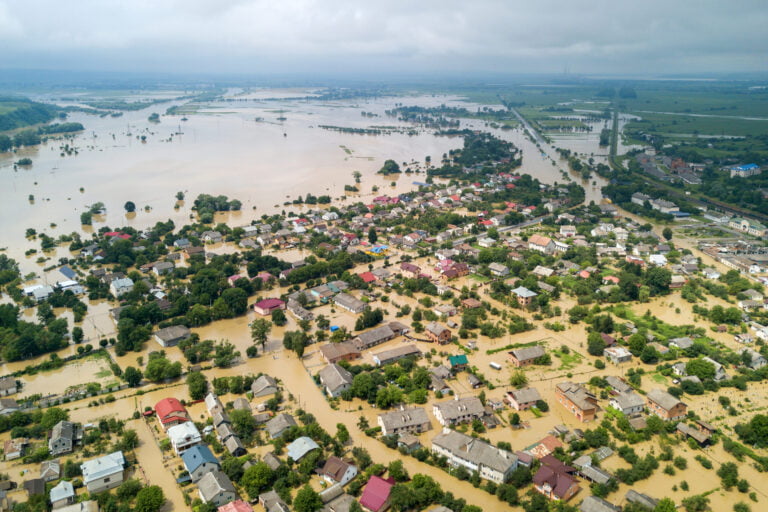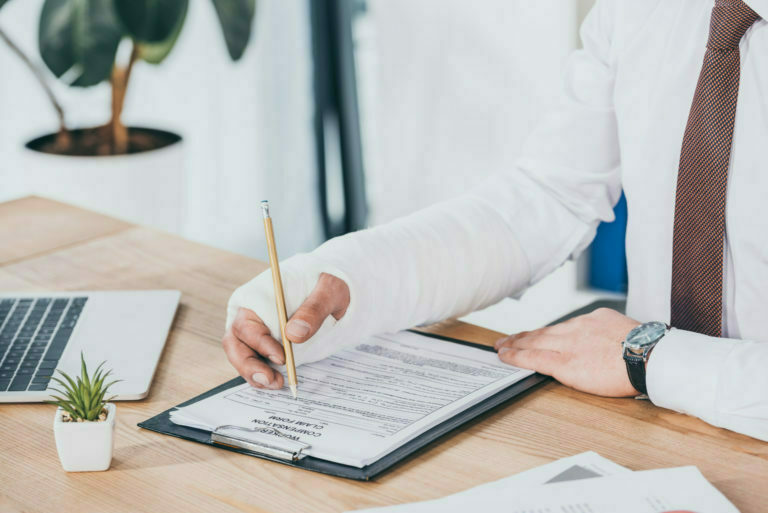Throughout history, humans have had to deal with the unpredictable wrath of Mother Nature. From earthquakes to hurricanes, natural disasters have been a constant threat to communities and our way of life. As such, it’s crucial to be prepared and know how to cope in the face of these events, understanding the resources available to provide support and aid in the process. In this article, we will discuss the importance of preparing for natural disasters. Keep reading to learn more.
Preparation: Planning for the Unpredictable

Natural disasters, whether earthquakes, hurricanes, or flash floods, can strike at any moment without warning. It’s vital to develop a plan of action to minimize the potential harm and destruction that these incidents can cause. A well-thought-out plan allows your family to act quickly and decisively during an emergency and can help reduce feelings of helplessness often experienced during these harrowing situations.
Preparation includes a multitude of factors, such as an emergency food supply kit like Roundhouse Provisions by Chuck Norris, water, a first aid kit, and emergency communication devices. Additionally, you’ll want to ensure that all family members know the emergency plan. Gather phone numbers of essential contacts, and designate meeting spots in case of separation during an event.
Furthermore, securing your home and property to minimize damage is another crucial aspect of preparing for the unpredictable. This step may include retrofitting your home to withstand seismic events, ensuring your home is elevated above potential floodwaters, and trimming trees around your property to prevent damage from fallen branches during storms.
Response: Safety, Communication, and Evacuations
While preparation is critical, so too is being able to respond effectively during a natural disaster. This often involves knowing when and how to shelter in place, seek higher ground or evacuate, depending on the event. Understanding the potential dangers posed by different types of natural disasters can guide life-saving decisions in the heat of the moment. Local authorities provide vital information regarding evacuations, and it’s essential to follow their guidelines to ensure safety.
Communication is another critical aspect of responding to a disaster. Cell phone networks may become unreliable, rendering traditional methods of communication, like calling or text messaging, challenging. Familiarizing yourself with alternative ways to communicate, such as using walkie-talkies or satellite phones, is of utmost importance.
Recovery: Assessing the Damage and Moving Forward
Once the immediate danger has passed, the successful recovery from a natural disaster involves evaluating the extent of the damage sustained, contacting your insurance company, and repairing your property. Essential services may not be immediately available, so utilizing your disaster supply kit can provide essential sustenance and comfort during this time.
Recovery can be a lengthy and emotionally draining process. Seeking support from friends, family, and local support groups can provide relief and help communities come together to rebuild. Furthermore, physical and mental health should not be overlooked during this time. Eating well, staying hydrated, and speaking to mental health professionals can go a long way in preserving one’s well-being during the extensive recovery process.
If extensive damage has occurred, reaching out to contractors specializing in disaster recovery can help restore normalcy to one’s life. For instance, if your home requires emergency repairs, emergency cleanup and restoration services offer essential support, ensuring your home is once again a comfortable and secure environment.
Support: Finding Assistance and Resources

Federal, state, and local governments typically provide support and resources for those affected by natural disasters. Familiarizing oneself with the assistance programs, such as the Federal Emergency Management Agency (FEMA), can be vital in both preparation and recovery phases. Other resources include the American Red Cross, the Small Business Administration, and community-based organizations, which provide assistance in various capacities, from housing to disaster loans.
Non-profit organizations can offer support following disaster situations, whether in terms of funding, supplies, or emotional assistance. These groups are often community-based, working closely with local governments to deliver aid effectively. Knowing where and how to access such resources can help families and individuals begin the process of recovering and rebuilding.
By taking these steps, families and communities can be better equipped to face the adversity of natural disasters and move forward to rebuild their lives.








